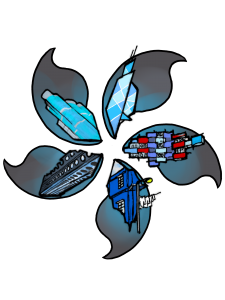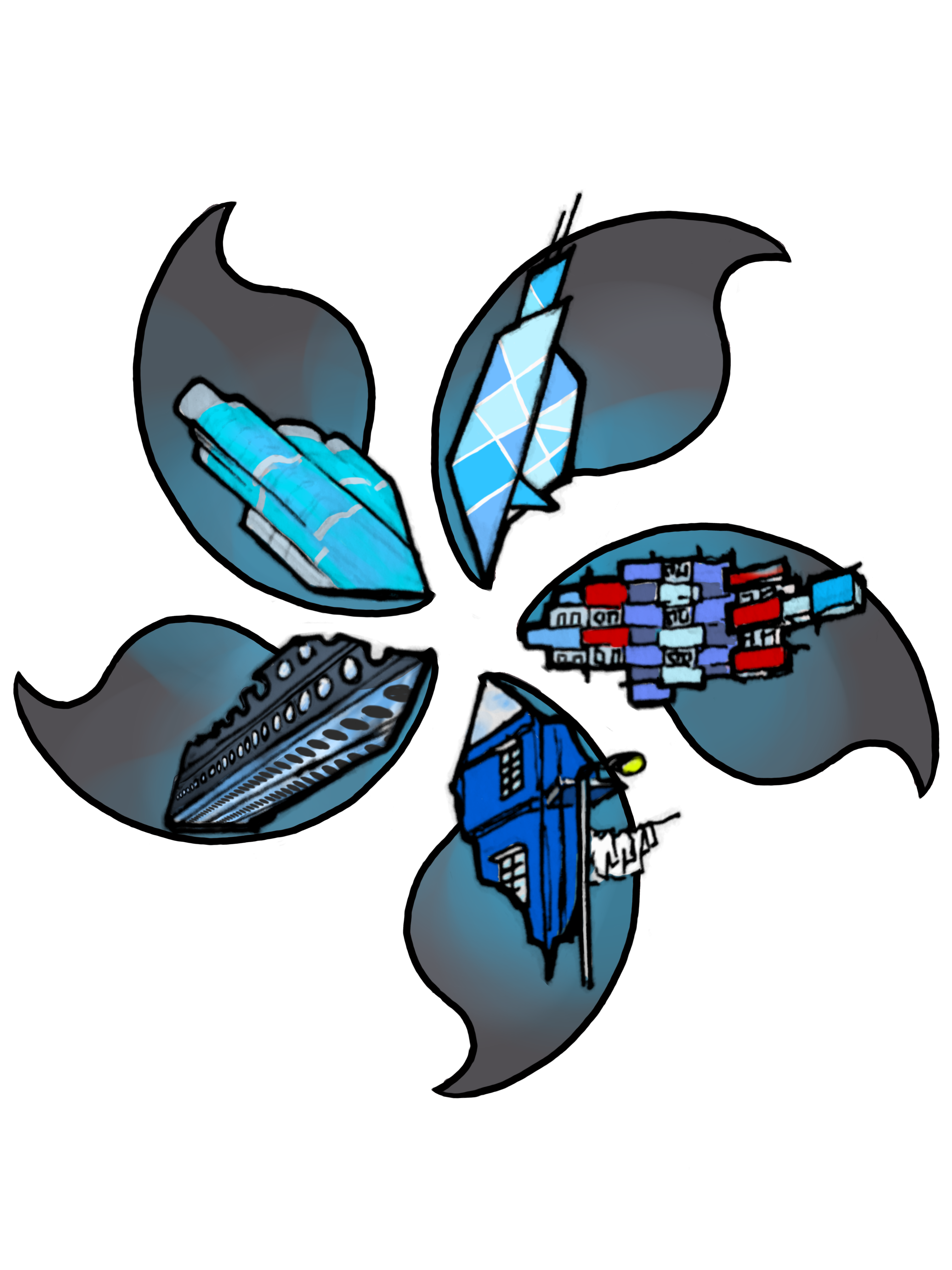Yamme Leung
Yamme Leung
Director of Education, WWF-HK
 Yamme Leung joined WWF-Hong Kong in 2001 as an Assistant Education Officer. Now the Director of Education, he oversees the development, implementation and evaluation of school education programs at all WWF centers. Yamme also works closely with the South China Wetland team to develop and monitor education work in South China. He holds a Master of Science in Environmental Management.
Yamme Leung joined WWF-Hong Kong in 2001 as an Assistant Education Officer. Now the Director of Education, he oversees the development, implementation and evaluation of school education programs at all WWF centers. Yamme also works closely with the South China Wetland team to develop and monitor education work in South China. He holds a Master of Science in Environmental Management.
“Because we believe that in order to sustain the momentum of environmental education, multiplying is really important, because we cannot do everything. We are just the educators maybe facing the students once in their lifetime, and then that’s it. This lasts for a couple of days, or even a couple of hours. This is really not enough…”
Yamme Leung Transcription
“We always use the term glocal — G-L-O-C-A-L — to describe our work here in Hong Kong because WWF is an international organization. So we have a good global perspective. So our advantage is we can bring the global perspective to local contexts. So we know a lot about what is happening around the world; the environmental threats…”
Yamme Leung Transcription
“Yes, Mai Po is very important regionally because it is a stop-over site for water migratory birds along the East Asian-Australasian flyways. For many bird species, they need to migrate from the North to the South and vice versa because they have to avoid the very cold season in the Northern hemisphere in the winter time, and then they need to…”
Yamme Leung Transcription
“For myself, I try to be a role model in my family. So, I’ve got two kids. The elder one is six years old and the younger one is just three years old. So, I’m proud to say they don’t use disposable utensils. No plastic bags, no plastic fork, no plastic chopsticks. So when they go out, they bring their own utensils. They bring their own handkerchiefs and box…”
